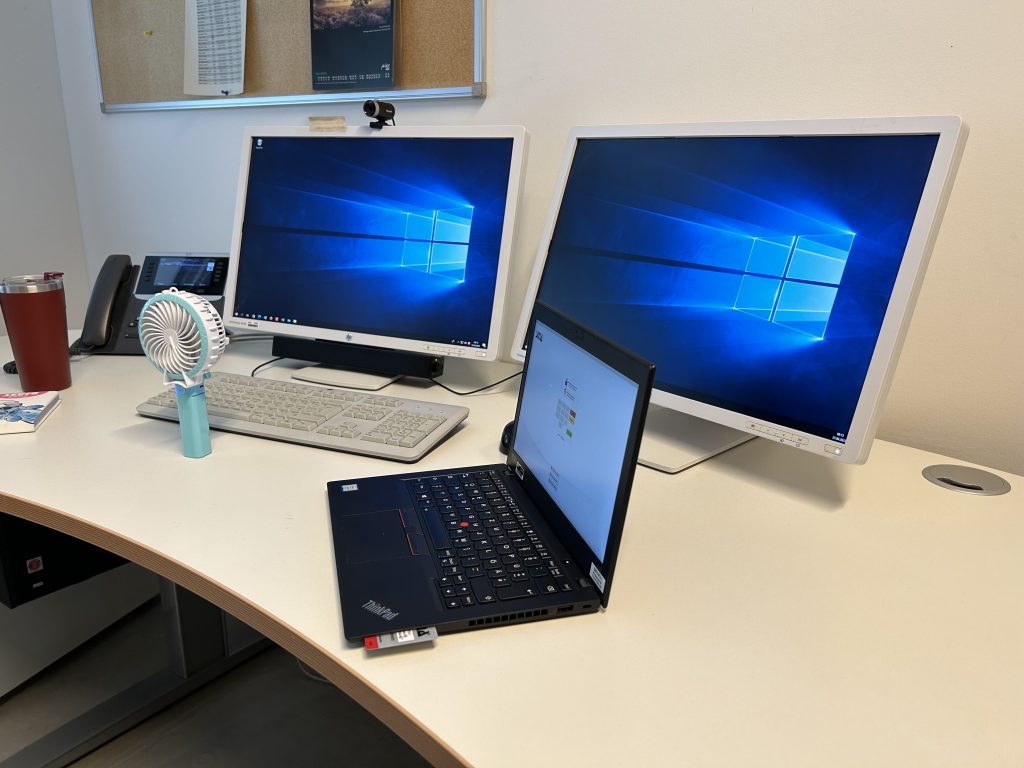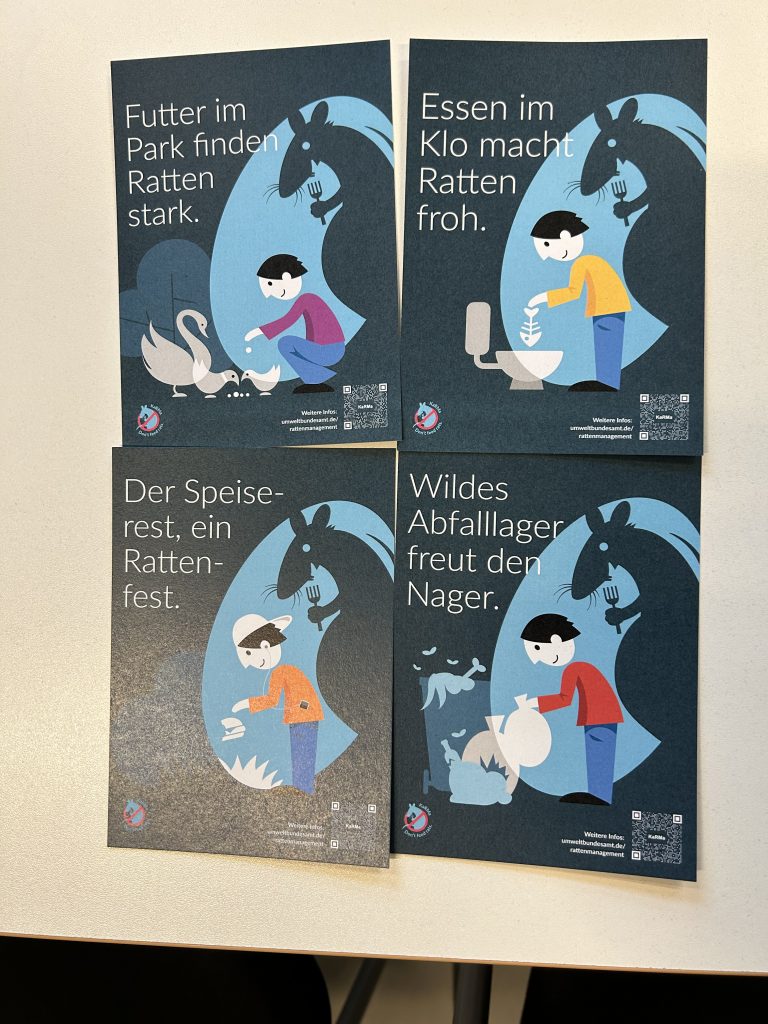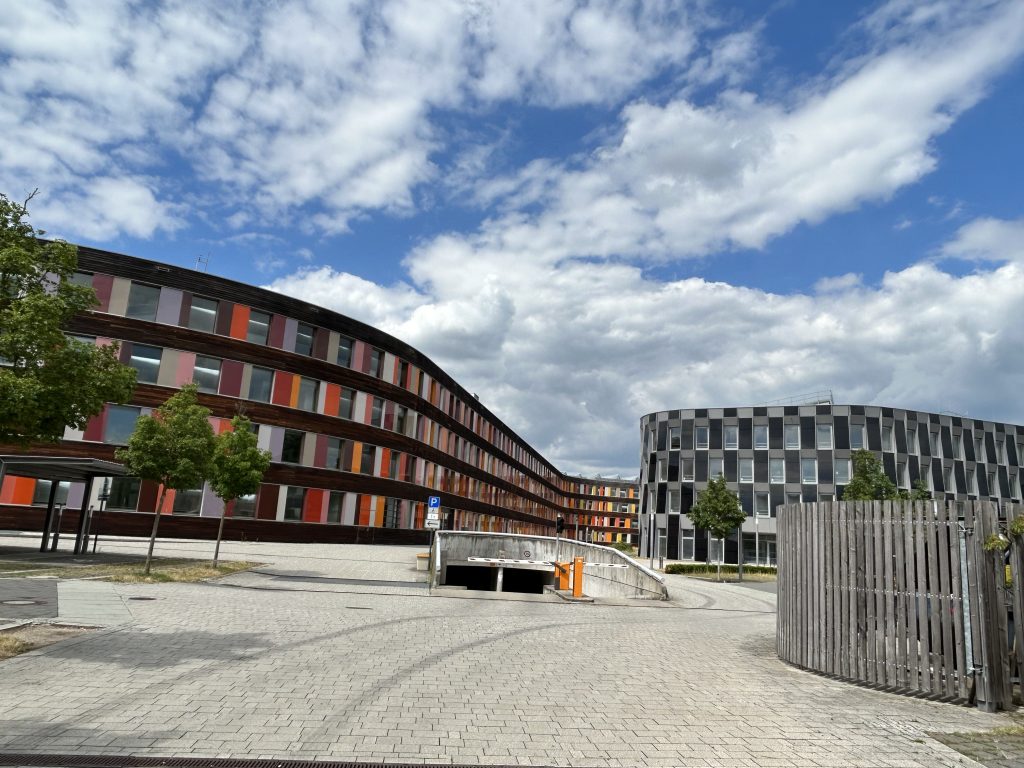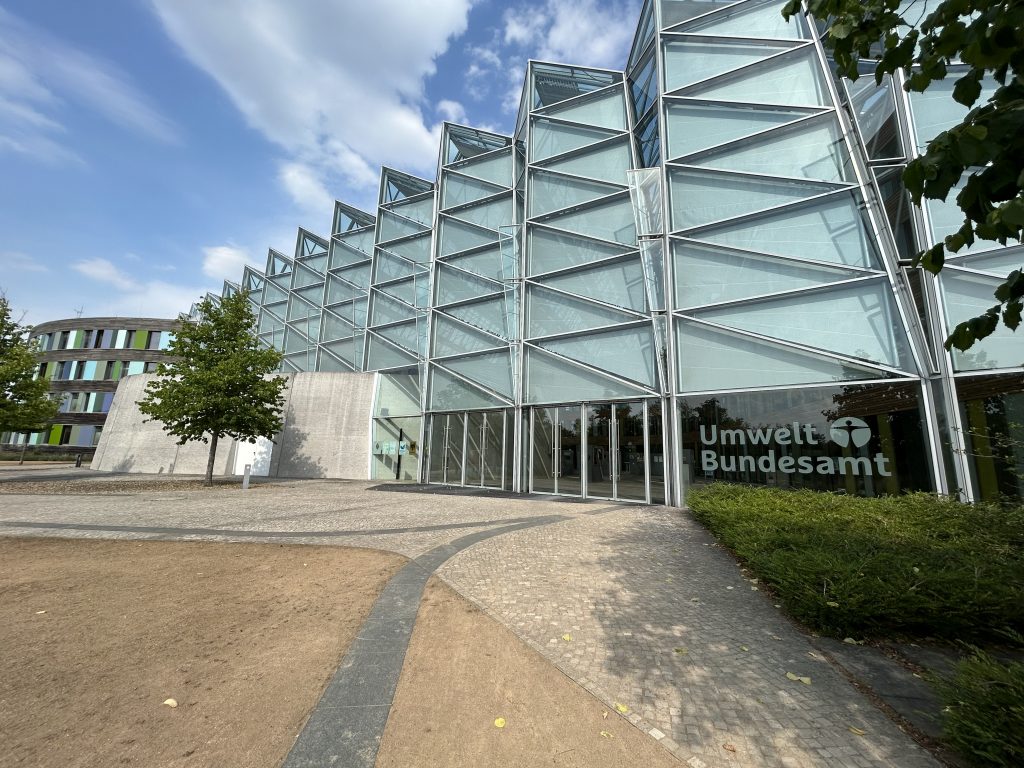In this blogpost, Beatrice Mah shares her internship experience at Federal Environment Agency (Umweltbundesamt), Germany. Students of the Environmental Pollution Management (Ecotoxicology) Program complete an 8-week internship each year, the so-called “AMEO”. The AMEO is performed either at an external university, governmental or industrial research institute where students learn to apply the competences achieved during their study. Students also use this opportunity to travel and explore Germany.
“My name is Beatrice and I completed my AMEO at the Federal Environment Agency (UBA) this year in their Biocide department. My main task was market research for wood preservatives in the market with the purpose of overviewing the substitution issues within the wood industry.
Biocidal Product Regulation (EU 528/2012), also known as BPR, regulates the biocidal products in the European market. Active ingredients that are subject to approval within this regulation must be periodically renewed. However, with the continuous evolution of regulations, the approved active ingredients have to be reviewed before authorization. The active ingredients found to be Carcinogenic, Mutagenic, Reproductive toxic (CMR), Persistent and Bioaccumulative are subject to substitution and will not be authorized anymore.
Some common active ingredients are used in most of the products in the market. When they are subject for substitution without authorization, it will impact the market. Thus, further market research was required as part of the project. Wood preservatives in the current market mostly contain propiconazole, tebuconazole, permethrin, boric acid, creosote and iodopropynylbutylcarbamate (IPBC). Amongh these substances, some are subjected to substitution. And yet by doing some preliminary risk assessments, I found several interesting chemicals with high risk towards environments that are still being used.
Additionally, I also learnt about the environment risk assessment methods for biocidal products, the regulations related to BPR and joined the weekly meeting in which other colleagues discussed their on-going projects.
During my internship, I learnt about identification and classification of biocides and agriculture pesticides (plant protection product) which I was confused about during the beginning of my studies. Since the applications and use are different even though they are targeting the same target organism, the risk assessment and risk mitigation are different. Lots of reading was required to understand the guidelines and regulatory documents. Moreover, risk assessment required the risk assessor to study the documents submitted by applicants and evaluate if the submitted documents and information are reliable.
My colleagues in the office were very friendly and were willing to provide information whenever I had questions. Some of them also gave me a tour in Dessau and Leipzig.
However, the official communication was in German. Not only communication, while researching the wood preservatives in the market, 90% of the products‘ technical documents are in German. Thus, at least German B1 level is recommended.
Apart from work, I spent some time travelling around Dessau, such as Berlin, Dresden and Leipzig.”
Pros:
- The internship was paid( 300 Euro/month).
- Risk assessment and understanding the regulatory documents.
- Friendly and helpful working environment.
Cons:
- Official communication in German.
- Finding accommodation.
Here are some beautiful glimpses from Beatrice’s AMEO:-






